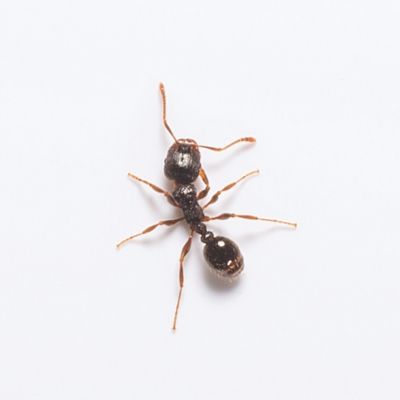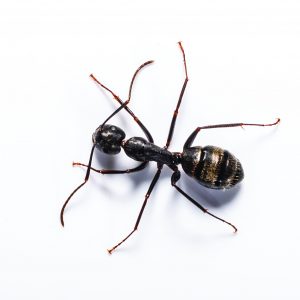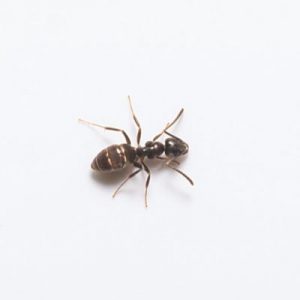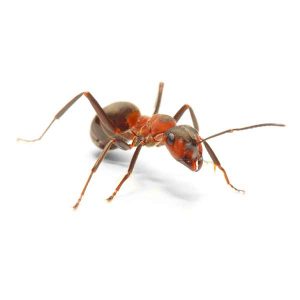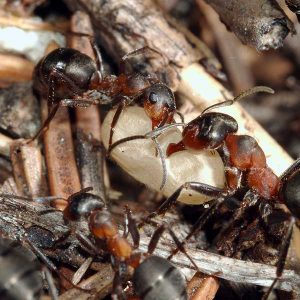Description
Pavement Ants in your area
Pavement ants are very common in the Pacific Northwest. They typically build their nests near sidewalks, driveways, and the foundations of homes. While pavement ants are particularly fond of meat, grease, seeds, sweets, and dead insects, their favorite food is the honeydew produced by aphids and mealybugs. Like other ant species, pavement ant swarmers emerge in the spring, but they may continuously occur if their nest is located indoors. These swarmers have wings, causing them to be mistaken for termites. Because they build their nests near pavement, walkways, and other concrete slabs near buildings, they often make their way indoors in search of food.
Pavement Ant Habitat
Pavement ants are mostly nocturnal, foraging at night in slow deliberate motions. However, they may also forage during the day especially in the spring and summer to obtain more resources. Their colonies can have as many as 10,000 workers, and true to their name, these tiny pests construct nests under building foundations, rocks, or sidewalks, producing mounds of soil in the process. Inside homes, pavement ants tend to invade kitchens, bathrooms, and patios, establishing nests inside wall voids, insulation, or under flooring.
Pavement Ant Behaviors, Threats, or Dangers
While pavement ants can bite and sting, they rarely bite humans. The real risk of pavement ants is the fact that they can cause aesthetic and structural damage to patios and walkways by excavating the soil between these blocks or bricks. Like other ants, pavement ants can also contaminate food as they invade homes in large numbers. When ant nests aren’t treated in time, the ant infestation will continue to spread and form new colonies so if you believe you have pavement ant infestation, consult a professional ant exterminator.
Need help with Pavement Ant control?
We'll call you! Leave your information below.
